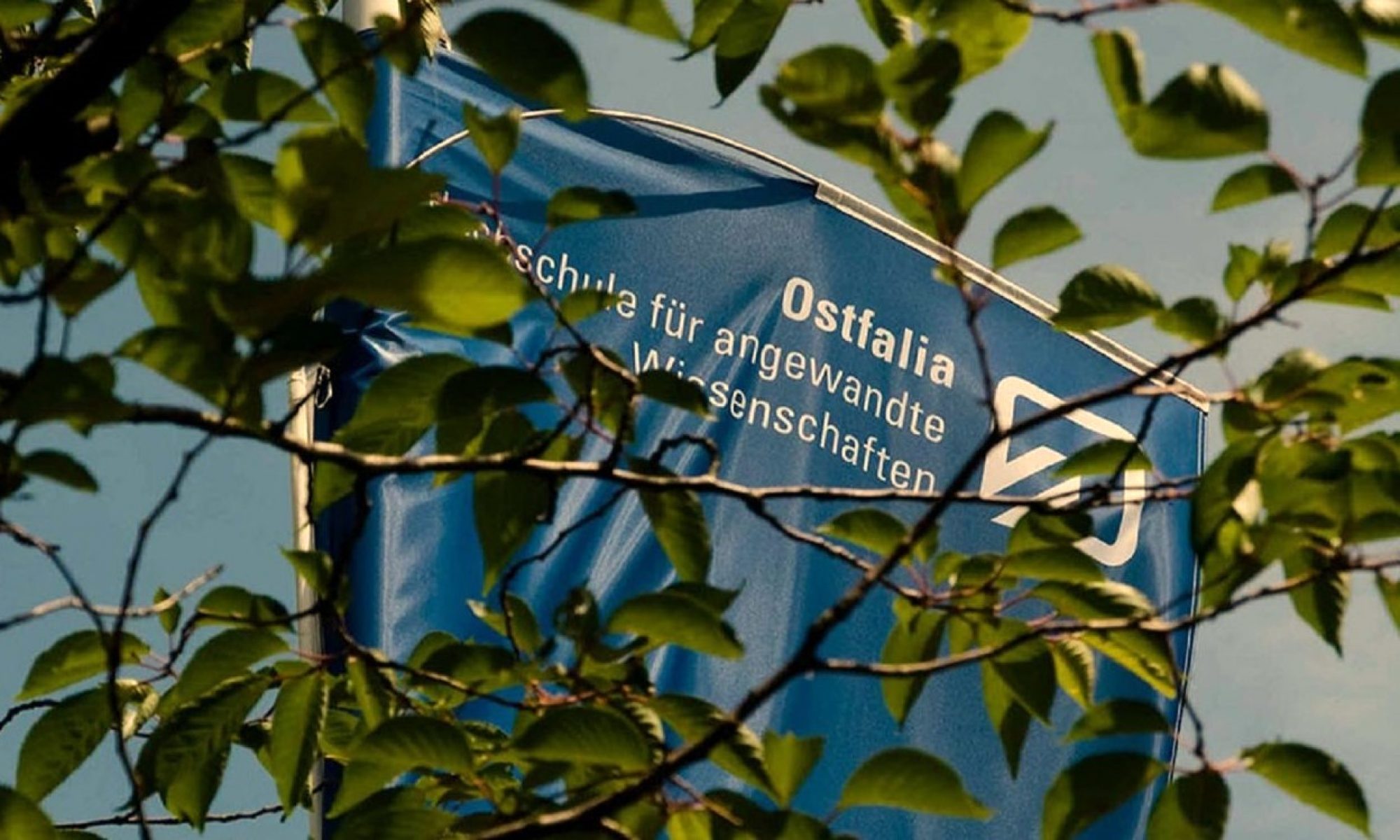Ion Mierlus Mazilua , Araceli Queiruga-Dios (b) , Deolinda M. L. Dias Rasteiro (c)
(a) ion.mierlusmazilu@utcb.ro,
(b) queirugadios@usal.es,
(c) dml@isec.pt
(a) Technical University of Civil Engineering Bucharest, Romania,
(b) Universidad de Salamanca, Spain,
(c) Polytechnic University of Coimbra, Portugal
Abstract
In recent years, the academic and industrial sectors have increasingly recognized the significance of Project-Based Learning (PBL) as an effective educational approach that aligns closely with the needs of the modern workforce, particularly in engineering disciplines. This paper explores the application of PBL in operational research within the construction industry, focusing on how it enhances the assessment and development of competencies among engineering students at the Technical University of Civil Engineering Bucharest (UTCB).
The study is rooted in a collaboration between UTCB and a local construction company facing a real-world problem: optimizing machine utilization to maximize profit. The project not only provides a tangible context for students to apply theoretical knowledge of linear programming but also challenges them to develop solutions that have direct implications on the company’s operational efficiency. This setup allows for an authentic assessment of student competencies in problem-solving, critical thinking, and collaborative skills.
Utilizing a comparative study design, this research contrasts the outcomes from traditional lecturebased methods with those achieved through PBL. The methodology includes both qualitative and quantitative measures, such as student engagement surveys, performance assessments, and a detailed analysis of the solutions proposed by the students. Initial findings suggest that students engaged in PBL exhibit a higher level of understanding and practical application skills. They also report greater satisfaction and a deeper sense of accomplishment, indicating enhanced intrinsic motivation.
Moreover, the study highlights the role of PBL in fostering a proactive learning environment where students are encouraged to take ownership of their learning process. This shift not only improves educational outcomes but also equips students with the professional competencies necessary for successful careers in engineering. Additionally, the collaboration with industry partners enriches the educational experience, providing students with invaluable insights into real-world engineering challenges and expectations.
This paper argues that PBL is not merely an educational tool but a critical pedagogical approach that bridges the gap between theoretical knowledge and practical application, thus preparing students more effectively for the complexities of the modern construction industry. It concludes with recommendations for integrating PBL into engineering curricula to enhance competency assessment and meet the evolving demands of industry and society.
Keywords
Project-Based Learning, Competence Assessment, Operational Research, Construction Industry, Educational Outcomes
References
[1] Bell, S. (2010). Project-Based Learning for the 21st Century: Skills for the Future. The Clearing House, 83(2), 39-43.
[2] Blumenfeld, P.C., et al. (1991). Motivating Project-Based Learning: Sustaining the Doing, Supporting the Learning. Educational Psychologist, 26(3&4), 369-398.
[3] Thomas, J.W. (2000). A Review of Research on Project-Based Learning. http://www.bobpearlman.org/BestPractices/PBL_Research.pdf
[4] Kolmos, A. (1996). Reflections on Project Work and Problem-based Learning. European Journal of Engineering Education, 21(2), 141-148.
[5] Petroski, H. (1994). Design Paradigms: Case Histories of Error and Judgment in Engineering. Cambridge University Press.
[6] Markham, T., Larmer, J., & Ravitz, J. (2003). Project Based Learning Handbook: A Guide to Standards-Focused Project Based Learning for Middle and High School Teachers. Buck Institute for Education.
[7] Frank, M., Lavy, I., & Elata, D. (2003). Implementing the Project-Based Learning Approach in an Academic Engineering Course. International Journal of Technology and Design Education, 13(3), 273-288.
[8] Prince, M. J., & Felder, R. M. (2006). Inductive Teaching and Learning Methods: Definitions, Comparisons, and Research Bases. Journal of Engineering Education, 95(2), 123-138.
[9] Wiek, A., Xiong, A., Brundiers, K., & van der Leeuw, S. (2014). Integrating Problemand Project-Based Learning into Sustainability Programs. International Journal of Sustainability in Higher Education, 15(4), 431-449.
[10] Mergendoller, J. R., Markham, T., Ravitz, J., & Larmer, J. (2006). Pervasive Management of Project Based Learning: Teachers as Guides and Facilitators. Teaching and Teacher Education, 22(7), 960-970.
